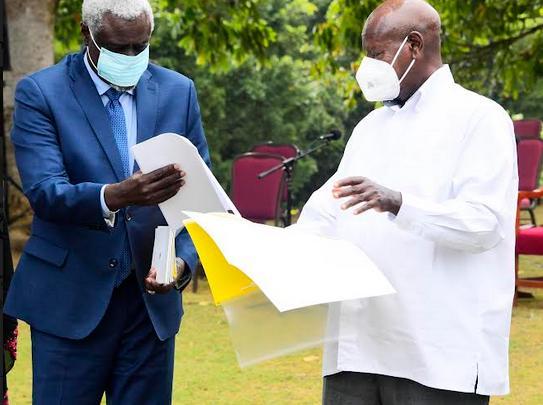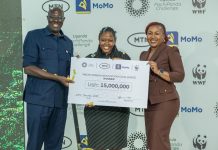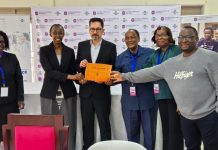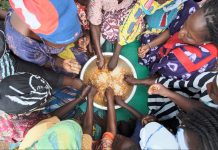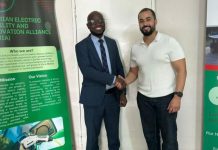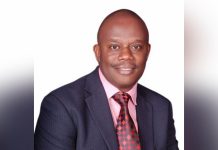Faridah N Kulumba
Africa-Press – Uganda. The President of Uganda Yoweri Kaguta Museveni advised his Congolese counterpart, Felix Tshisekedi Tshilombo to have a political dialogue with the March 23 Movement (M23) to end the crisis in the eastern Democratic Republic of Congo (DRC).
President Museveni at the beginning of this week said the M23 movement is a political problem that can be solved by discussion because the rebels are not asking for big demands to end the conflict.
This followed Museveni receiving a special message from Tshisekedi delivered by a delegation led by the DRC Senior Minister of Works Alexis Gisaro Muvunyi, Maj. Gen Ntumba Frank Buamunda, the Congolese Special Presidential Adviser on Military Affairs, and Lt. Gen. Rwibasira Obed Rumba, Chief of Staff in charge of Operations on Thursday last week.
President Tshisekedi’s message was requesting his Ugandan counterpart for advice on how to solve the crisis in DR Congo.
More than 120 armed groups are operating across large swathes of eastern Congo, including M23 rebels, which the government of DR Congo has repeatedly accused Rwanda of supporting, but Rwanda denied the accusations.
The M23 have staged a major offensive this year, seizing territory, forcing thousands of people from their homes, and sparking a diplomatic row between DR Congo and Rwanda.
The M23 rebels, largely Congolese Tutsi militia, have seized swaths of territory across North Kivu province, edging toward the region’s main city of Goma.
Tshisekedi’s opinions dialogues
President Tshisekedi has since dismissed calls for political talks with M23 rebels, whom he describes as “terrorists.”
He recently said the M23 should gather in gazetted cantonment areas or face the wrath of the Congolese military. However, the government troops have failed to defeat the M23.
In April this year, Tshisekedi while in Kinshasa after meeting Swiss President, Alain Berset about the security and humanitarian crisis in eastern DRC, ruled out dialogue with M23 rebels claiming that M23 usually takes advantage of the dialogues to infiltrate government security and carry out more attacks.
He stressed that there is no question of political dialogue with this group vowing that it will never happen. According to him, the rebels take advantage of these dialogues to infiltrate the country’s security and justify the attacks.
Tshisekedi’s statements were criticized by the M23 president, Bertrand Bisimwa. He said that Tshisekedi’s refusal to dialogue peacefully resolve the conflict as well as also disarming other militia groups in accordance with the Heads of State of the East African Community (EAC) is a sabotage of the process of peace.
The M23 insists that as long as there is no direct political dialogue between the movement and the Kinshasa government, there will also be no cantonment, disarmament, or demobilization.
President Museveni consequently advised that the correct way to solve the problem of insecurity in DR Congo is to have a cease-fire in place, engage the regional leaders and have a dialogue in place with the M23 people so that you listen to their issues.
DR Congo Crisis
The situation in Eastern DR Congo has in the past four or so months worsened after M23 rebels who had gone silent resumed intense fighting.
Blaming the Kinshasa establishment for reneging on provisions of an earlier agreement between the two sides, M23 rebels earlier this year resumed fighting and in the process squared off with the Armed Forces of the Democratic Republic of the Congo (French: Forces armées de la république démocratique du Congo (FADRC).
Many Congolese have been killed, others displaced and thousands were forced to seek refugee in Uganda.
The conflict saw Rwanda involved when DR Congo accused the Kigali administration of bankrolling and providing other forms of support to the M23 rebels who later captured several towns including Bunagana which shares the border with Uganda.
This month, Tshisekedi and the President of Rwanda Paul Kagame signed an agreement in Angola to cease hostilities against each other also to ensure the disarmament of the M23 rebels but the latter is yet to be done and the rebel group is still occupying the areas it had captured from the Congolese government.
EAC agreement
In 2022, seven heads of state from the East African Community (EAC) including Uganda, Rwanda, Kenya, Burundi, Tanzania, South Sudan, and DR Congo agreed to establish a joint force led by Kenya to help restore peace and stability in Congo’s volatile Borth Kivu, South Kivu, and Ituri provinces.
The forces are led by the command of Kenyan General Jeff Nyagah, who since November last year has been based in Goma, a major city near which the M23 has concentrated its activity.
At first, the priority was to destroy the M23 but some leaders of the seven countries comprising it have since said it is only a “neutral” force.
On 29th March 2023, the Ugandan government flagged off the 5,000 People’s Defence Forces (UPDF) army for a peace mission in the DR Congo. Uganda was fulfilling the promise made in 2021 to send 1,000 troops to DR Congo to join a regional force mandated to help end decades of instability in the North Kivu province.
Uganda assured that, unlike the other Ugandan soldiers such as Operation Shujaa who are in DR Congo to attack Ugandan rebel troops the Allied Democratic Forces (ADF), this time round the mission is to bring peace and stability in Rutshura territory and neighboring areas in the North Kivu province.
For More News And Analysis About Uganda Follow Africa-Press

